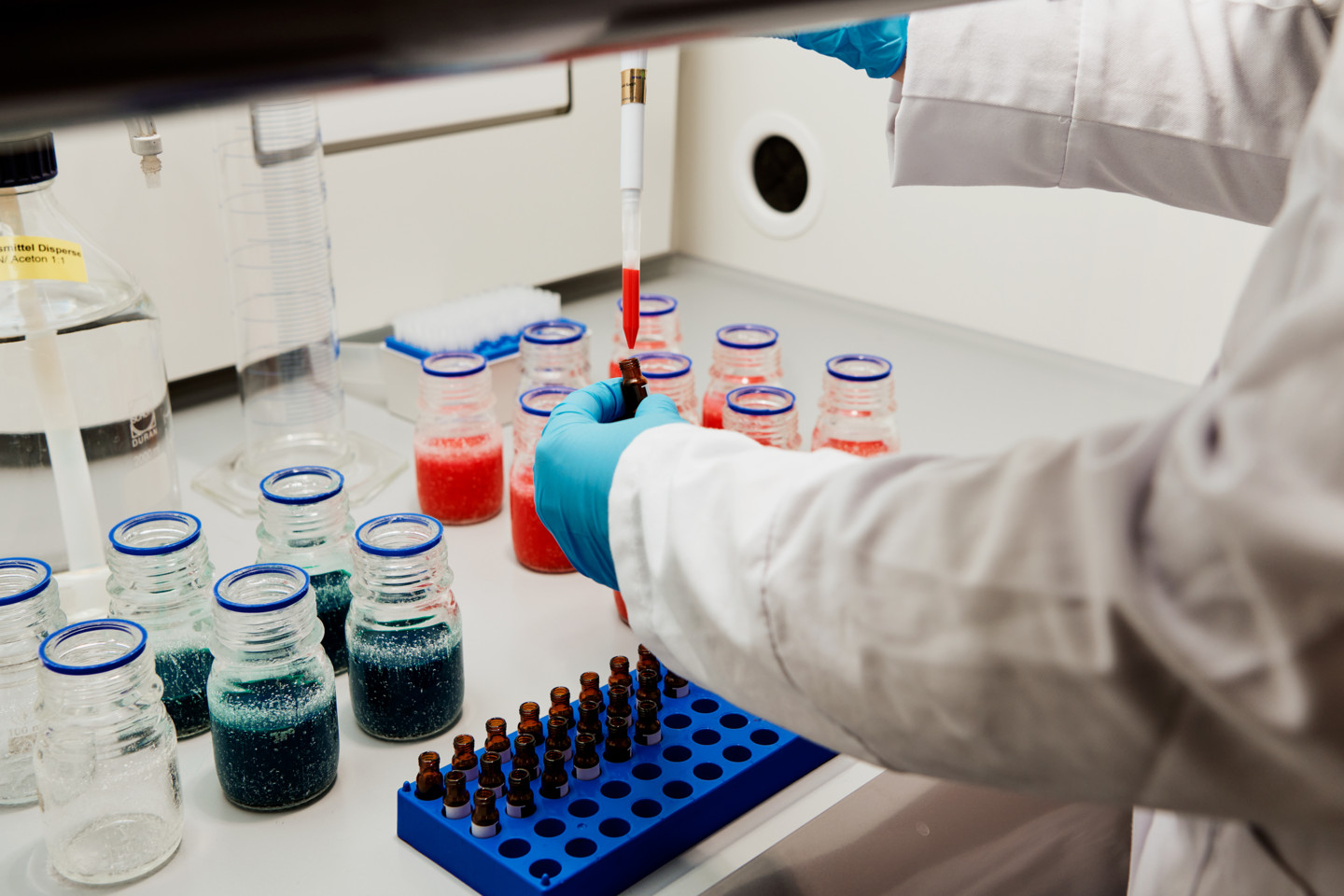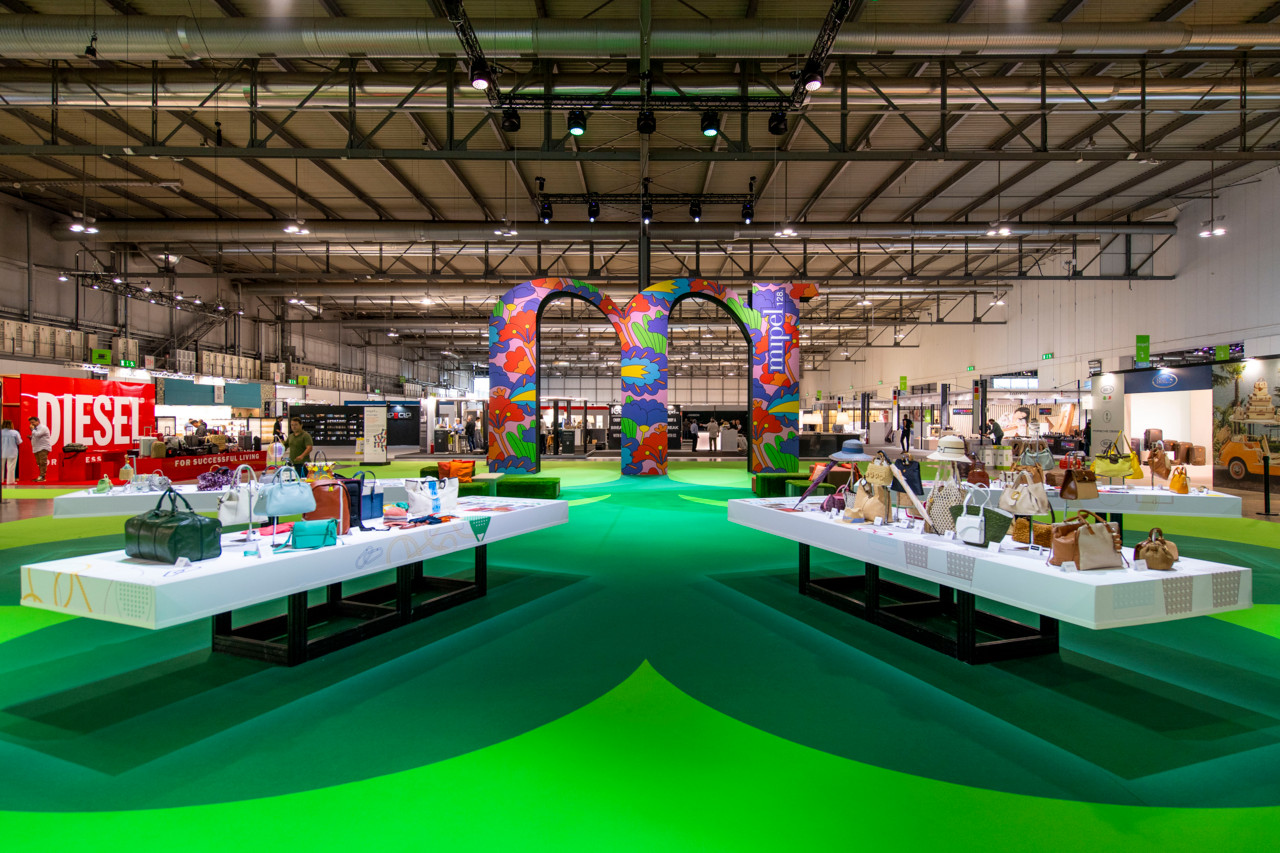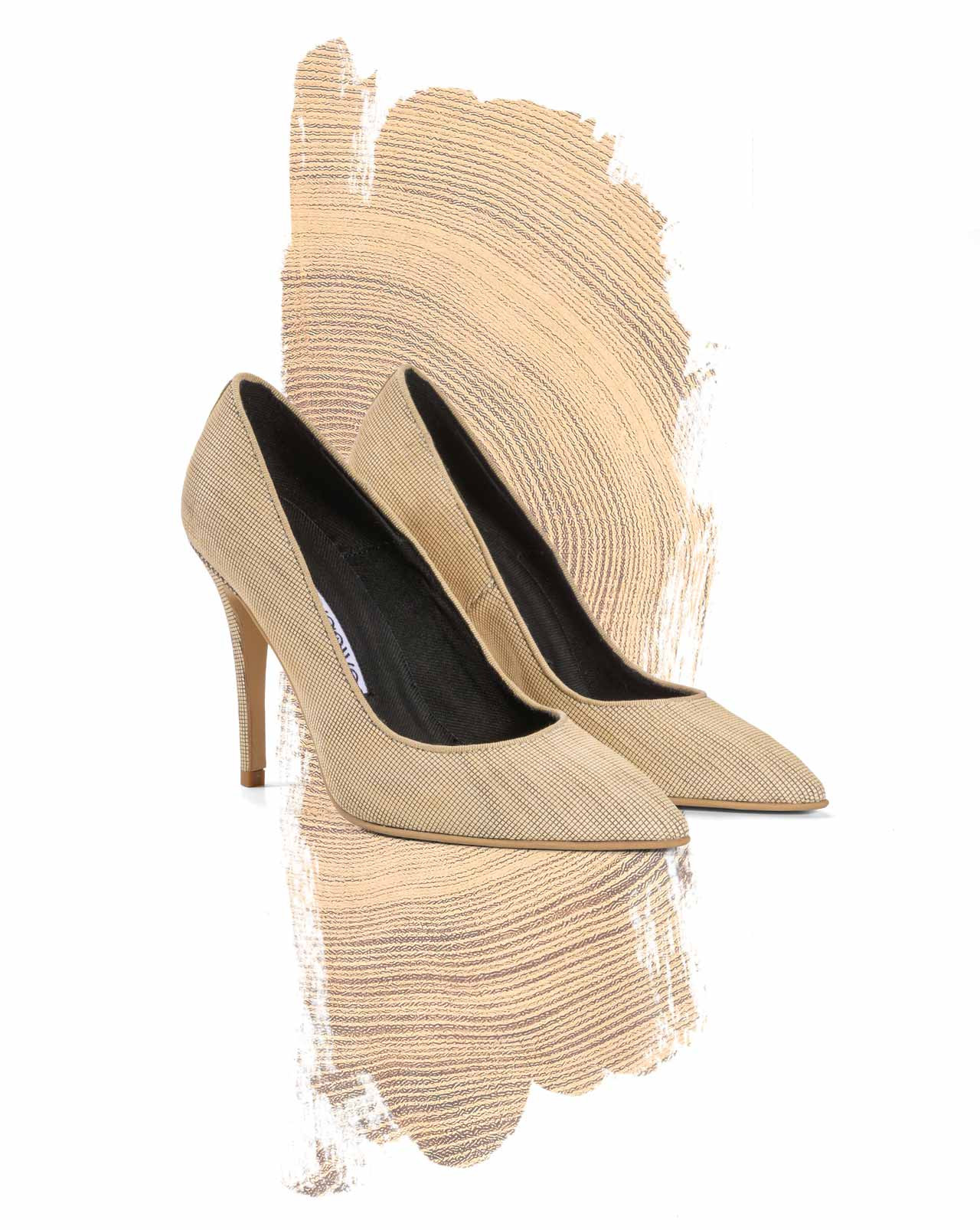
2025: a turning point for Italian digital commerce
According to Netcomm, the past year has led to radical changes in Italian trade, which will inevitably impact 2026 and beyond.
Keep reading...
May 2025

The revised standards came into effect on 1 April 2025, continuing the Association's mission to promote greater confidence in the textile and leather industry from a sustainable perspective.
Promoting confidence in the textile and leather industry remains the mission of OEKO-TEX®. Because trust is based on consistently high standards, the OEKO-TEX® Association has released updated testing criteria, limit values and guidelines for its certifications, based on the latest scientific research and legal developments. The main changes include increased certification of organic cotton through the OEKO-TEX® ORGANIC COTTON, with inclusion in the OEKO-TEX® MADE IN GREEN, stricter limits for BPA under the OEKO-TEX® STANDARD 100 and strict transparency requirements for leather supply chains under the OEKO-TEX® LEATHER STANDARD. The expanded OEKO-TEX® ECO PASSPORT will include basic chemicals and biodegradability testing.
STANDARD 100: new for organic cotton and BPA
In order to maintain the highest standards of safety and compliance and to improve the surveillance of certified organic cotton, an area where fraud is rife, the OEKO-TEX® STANDARD 100 certification will not include any indication of ‘GMO-free’ or ‘organic’ cotton in the scope of the certificate. The certification of cotton as “organic” is now achievable through OEKO-TEX® ORGANIC COTTON.
In addition, OEKO-TEX® has reduced the limit value for bisphenol A (BPA) from 100 to 10mg/kg. The chemical, which can alter the hormone system if it enters the body even in small amounts, has often been found in tests on textiles worn directly on the skin.
LEATHER STANDARD: Ahead of Europe’s Deforestation Regulation (EUDR)
As part of the European Green Deal and the 2030 EU Biodiversity Strategy, the European Commission adopted a new regulation in May 2024. One of the most significant challenges posed by the European Deforestation Regulation (EUDR) is the requirement for leather supply chain transparency. Companies must trace the origins of their leather products to ensure they do not contribute to deforestation. The EUDR was supposed to come into force at the end of 2024 but was postponed by one year in November 2024. However, for hides and leather material from cattle and calves, proof of origin (e.g. delivery notes from the slaughterhouse) is required to earn OEKO-TEX® LEATHER STANDARD certification.
MADE IN GREEN: Adding ORGANIC COTTON certification option
The OEKO-TEX® MADE IN GREEN label recognises OEKO-TEX® ORGANIC COTTON as product certificate in addition to STANDARD 100 and LEATHER STANDARD. This allows companies that have their cotton products certified to combine the strengths of both OEKO-TEX® standards: supply chain traceability and verification from farm to product with responsible and safe production.
STeP: Enhanced ZDHC cooperation boosting sustainability in textiles and leather
The collaboration between ZDHC and OEKO-TEX® aims is to empower the textile, apparel, footwear and leather industries to improve environmental impact by optimising guidelines and solutions through joint efforts. OEKO-TEX® STeP certificate holders are now eligible to participate in the ZDHC Supplier to Zero Programme. Companies can upload their STeP certificate and report to the ZDHC Supplier Platform for acknowledgement within the Supplier to Zero Programme.
ECO PASSPORT: Expanding scope and highlighting biodegradability
Starting in 2025, OEKO-TEX® ECO PASSPORT will expand its certification scope beyond chemicals specialised for textile and leather applications to include commodity and maintenance chemicals. This expansion aims to phase out harmful substances earlier, enhance worker safety and prioritise environmental protection. Additionally, second-life commodity chemicals will be subject to more frequent testing to ensure quality. ECO PASSPORT customers will also be able highlight the biodegradability of their chemical products on their certificates

According to Netcomm, the past year has led to radical changes in Italian trade, which will inevitably impact 2026 and beyond.
Keep reading...
Data from the Confindustria Fashion Accessories Study Centre for Assopellettieri show negative figures for the third quarter of 2025 as well, albeit with a slight improvement compared to the beginning of the year, which will hopefully turn into a recovery in 2026.
Keep reading...
The new frontier of sustainable footwear combines technological innovation and respect for the environment, transforming paper and wood waste into luxury accessories and circular sneakers.
Keep reading...You must login to read this free content
This content requires a subscription to view. Are you already a subscriber? Sign in